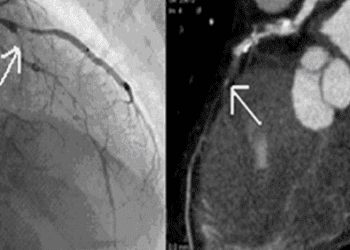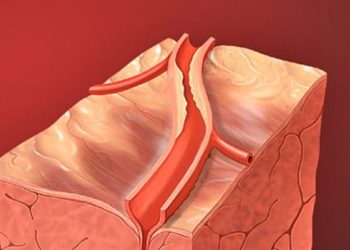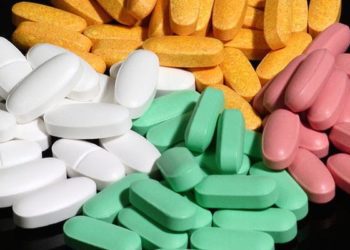Active mechanical circulatory support does not reduce mortality in acute myocardial infarction-related cardiogenic shock
1. Early use of mechanical circulatory support did not reduce 6-month all-cause mortality.
2. MCS was associated with increased major bleeding and vascular complications.
Evidence Rating Level: 1 (Excellent)
Study Rundown: Mechanical circulatory support (MCS) devices have been used to treat acute myocardial infarction-related cardiogenic shock (AMICS), though their impact on mortality remains controversial. Assessing the effect of early MCS use versus control on 6-month all-cause mortality in AMICS patients is crucial. This meta-analysis aimed to compare loading devices (such as veno-arterial extracorporeal membrane oxygenation [VA-ECMO]) and left ventricular unloading devices against control treatments in patients with AMICS. The primary outcome was 6-month all-cause mortality, while key secondary outcomes were the incidence of major complications such as bleeding and vascular events. According to study results, early routine MCS did not significantly reduce 6-month mortality and was associated with higher rates of bleeding and vascular complications. This study was limited by the exclusion of certain AMICS subgroups and variable patient selection across trials.
Click to read the study in The Lancet
Relevant Reading: Extracorporeal Life Support in Infarct-Related Cardiogenic Shock
In-depth [meta-analysis]: From inception to Jan 26, 2024, 9 randomized controlled trials (RCTs) were assessed across MEDLINE, Cochrane, Embase, and ClinicalTrials.gov. Included were patients with AMICS who were randomly assigned to receive either early routine active MCS or control treatment. Altogether, 1,114 patients (611 comparing VA-ECMO to control, and 503 comparing left ventricular unloading devices to control) were included in the final analysis. The primary outcome of all-cause mortality showed no significant benefit of early MCS use (hazard ratio [HR] 0.87, 95% confidence interval [CI] 0.74-1.03, p=0.10). Moreover, the secondary outcome of major bleeding (odds ratio [OR] 2.64, 95% CI 1.91-3.65) and vascular complications (OR 4.43, 95% CI 2.37-8.26) was more frequent with MCS use than control. Findings from this study suggest that MCS does not reduce mortality and may increase complications.
Image: PD
©2024 2 Minute Medicine, Inc. All rights reserved. No works may be reproduced without expressed written consent from 2 Minute Medicine, Inc. Inquire about licensing here. No article should be construed as medical advice and is not intended as such by the authors or by 2 Minute Medicine, Inc.







